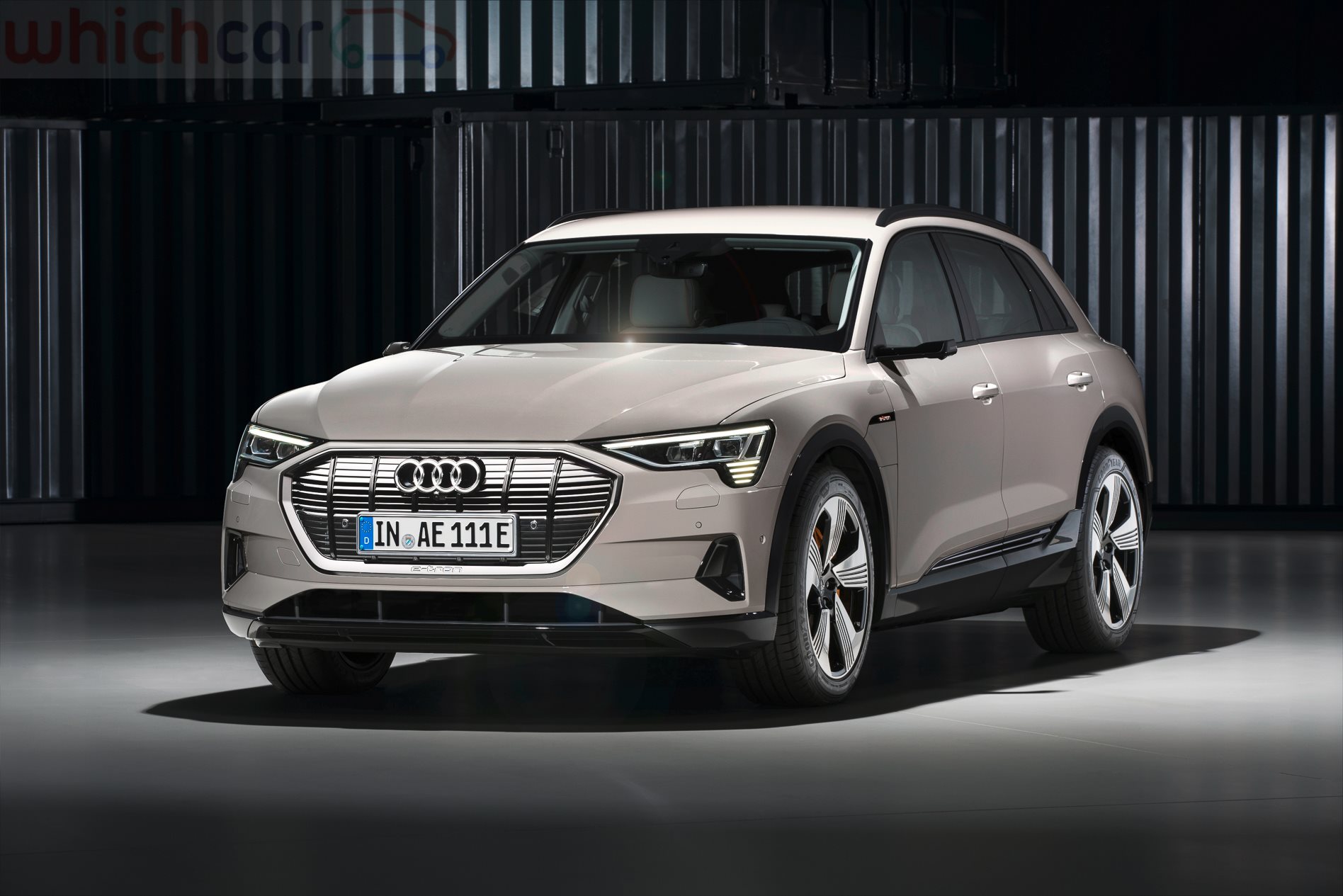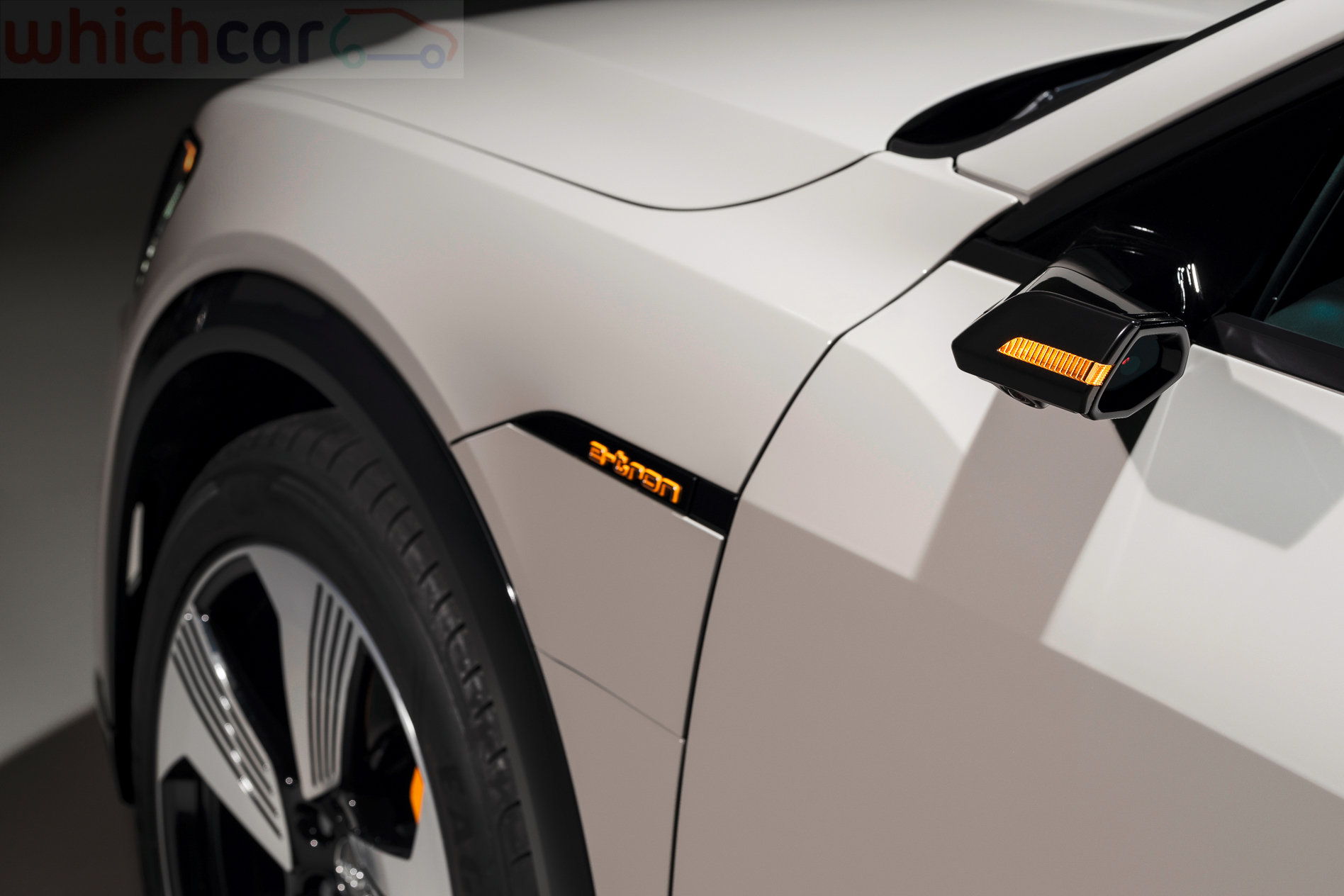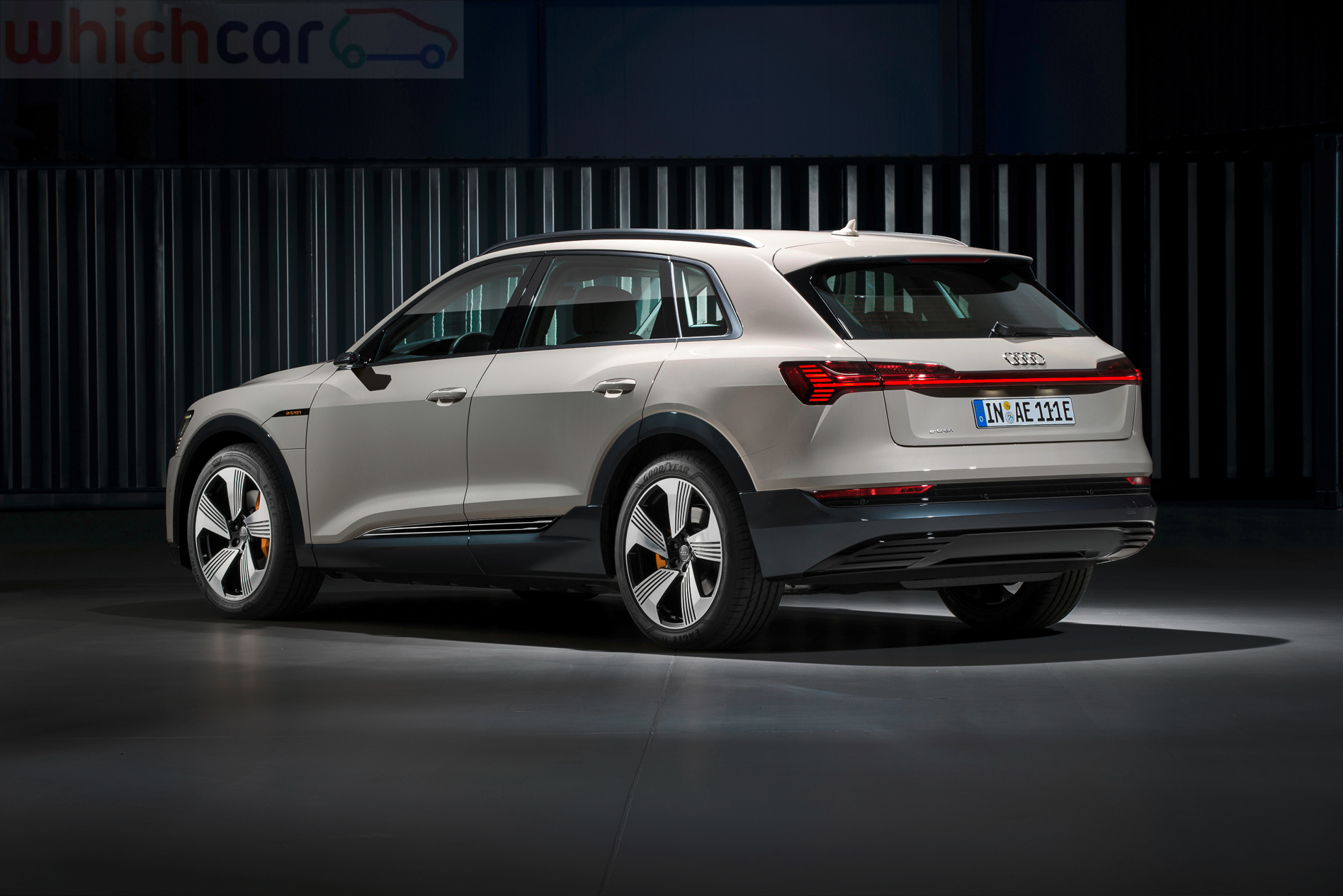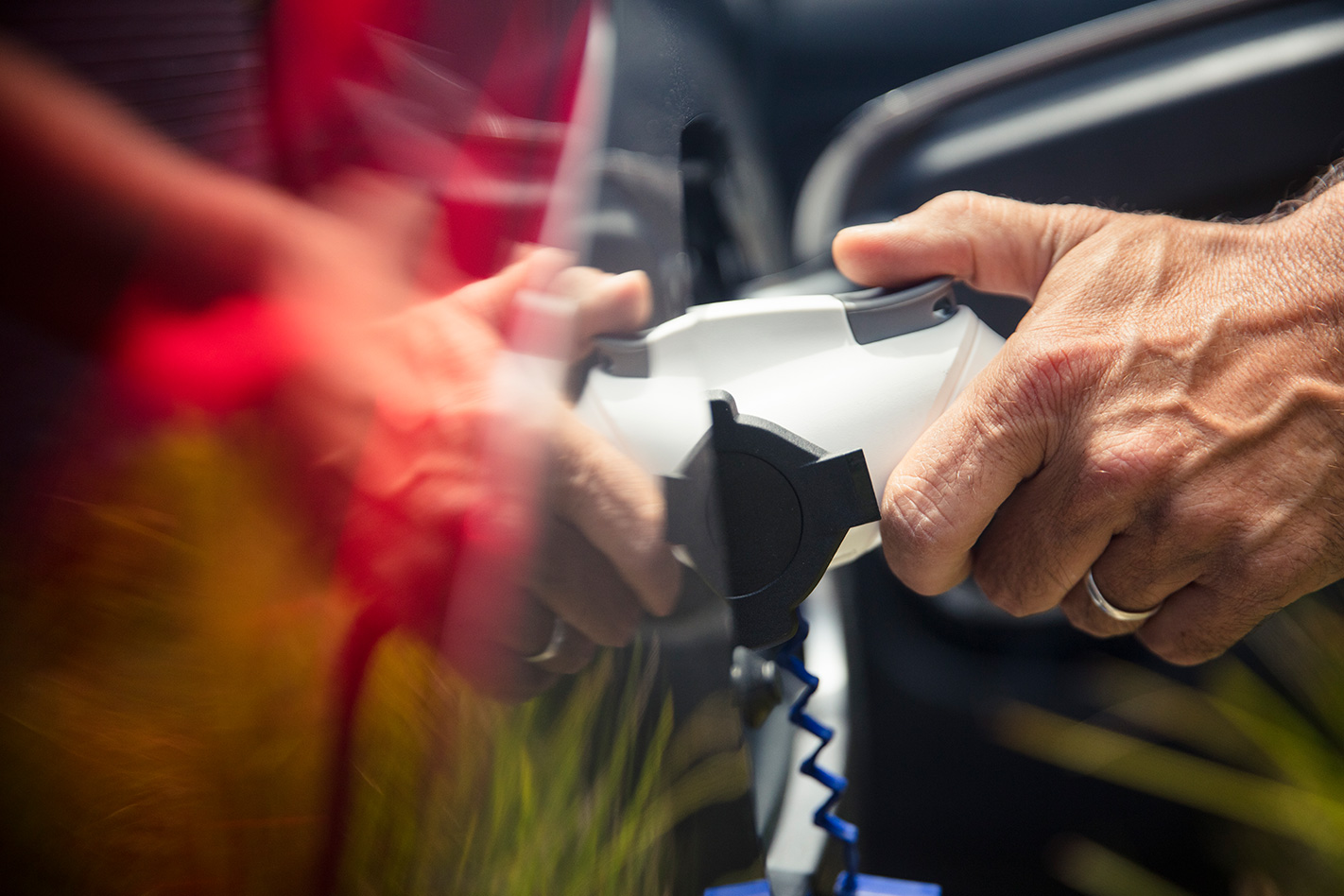
It was a last minute decision, we were told, to switch the launch of Audi’s much-vaunted e-tron from its original venue – a freshly made-over Audi car plant in Brussels – to somewhere more cosmopolitan… and a lot more confrontational.
The huge Audi event in downtown San Francisco last December, which hosted 1500 journalists from around the world and featured world-renowned DJ Diplo playing at a huge, was less than 50km from the head office of Tesla, which – until the launch of the Jaguar i-Pace at least – offered the only battery-electric SUV in the world.
Active displays, lectures and scores of Audi engineers and managers touted the virtues of the incoming e-tron. The company showed off its battery cradle, its brake-by-wire system and more, declaring that the e-tron would offer electric driving without compromise.

Its newly made-over factory in Belgium, too, would push e-trons out the door at the rate of 45,000 cars a year.
Slated to sell from around $144,000 in Australia, it was due to touch down here in the next month or so, offering a range of more than 400km from its two electric motors.
Unfortunately, it’s been far from smooth sailing since Diplo exited stage right.
As production ramped up, delays in sourcing batteries – the e-tron uses more than 400 individual lithium-ion pouch cells – slowed output at the factory, while strikes at its motor plant in Hungary also slowed build rates for the e-tron.
The battery supply issue is quite a tricky one, according to reports out of Europe. Supplier LG has asked for price increases from Audi’s parent VW on the news that the carmaker is planning to set up battery factories with other suppliers.
VW, in turn, is unhappy that it has to share output from LG’s Polish plant with arch-rivals Mercedes-Benz and BMW.
In fact, Audi’s own predictions of building more than 55,000 e-trons this year have been cut by 10,000 units, while production of a planned e-tron Sportback – a coupe version of the e-tron – has been pushed back to later in 2020.
Now, the company has been forced to recall around half of the examples of the e-tron sold into the US – 540 delivered cars and 1644 in total – to affect a repair on a seal around the charging port that could potentially allow water to enter the battery pack’s electronics and result in at worst case a – as Audi calls it – ‘thermal event’. Or as we call it, a fire.
“We are applying an abundance of caution as no such incidents have been reported globally,” read a statement. The e-tron has only been on sale in the US since April, with around 1100 listed as sold in April and May.
A recall to fix an all-new car is not unusual in this day and age, of course. The e-tron is built with a variety of bits from across the VW empire, including a modified version of the same platform that rides underneath the A4 and Q5.

The aim of every car company is to use the same underpinnings across as many variants as possible, and Audi intends to roll out the aforementioned e-tron Sportback, as well as an A8-sized sedan, on the same MLB Evo base.
Such a limited number of variants, though, means that the cost per unit will be extraordinarily high, and with Audi sharing a dedicated EV platform with Porsche for bigger cars and a smaller EV platform with VW for smaller fry, e-tron and its siblings will have to sell in pretty hefty numbers for Audi to see any kind of positive financial return – if indeed it ever does.
Audi makes its own motors, its own braking system, battery array and cradle, and control modules; in fact, engine techs who used to slide pistons into engine blocks are now winding copper coils for the motors.
All of this start-up development costs billions of dollars in retraining staff, R&D and testing, and the e-tron may well be serving as the company’s loss-leading guinea pig as it seeks not only to kick off its electrified future but to get onto an even footing with companies like Jaguar, whose similarly priced i-Pace beat the Audi to market by almost a year.
Similarly, Mercedes-Benz’s EQC electric SUV, while still some months away, will add another player into a small sector already well served by the two-year-old Tesla Model X.
Audi would be hoping for no more missteps with the e-tron, as it builds up to right-hand-drive production later in the year. The Australian launch is running some six to eight months behind schedule as the production issues take hold, but the company says interest for the car is high.
Here’s hoping the e-tron can leave its gremlins behind it.



